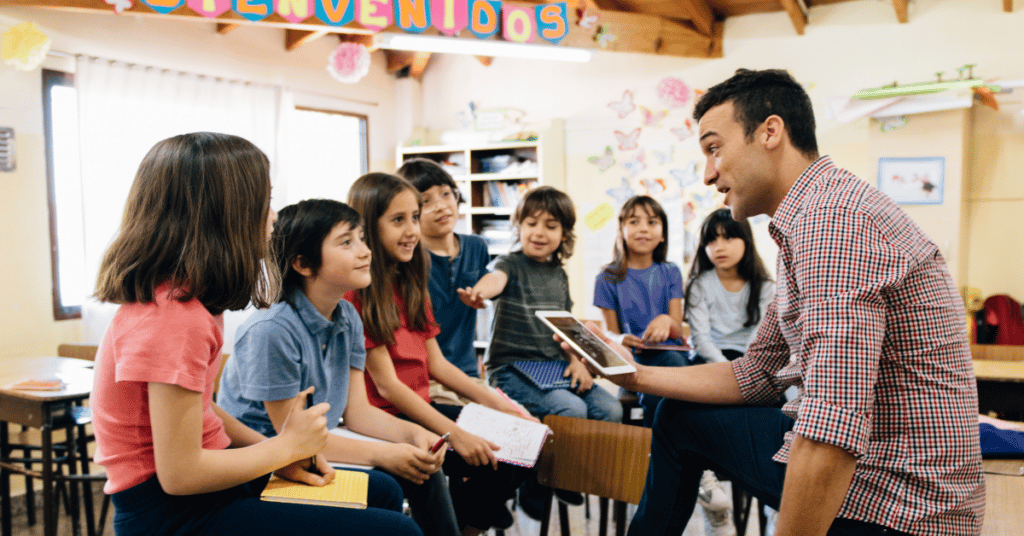Why is creative thinking important for teens?
Almost everyone is saying it. Creative thinking, creative writing, creative tools….These are words we hear all the time. And yet, what is it really?
Creative thinking was something which started to gain impetus during the latter half of the previous century. Education became global and children were persuaded to go that extra mile. It was more than just text book learning.
Educators started to teach from ‘creative thinking’ textbooks. Literature, the only subject that forced one to think really creatively, became a subject which schools introduced to all those who wanted a holistic education. It became a compulsory subject, which to many was a textbook to be chewed upon till it became dog-eared and cast off in an appalling heap at the end of the academic year.
That was really the basis of creative thinking for teenagers. Whether they chewed it or simply skimmed through it, the nuggets of creative thinking which that text had forced them to ingest would be theirs forever.
Where do they apply it?
Teenagers will be able to apply creative thinking to ALL aspects of life. Yes, from the way they might organise their shopping and laundry to the way they might pen an email for instance. It is a lifetime skill and one that never goes away.
How is it useful for their future lives?
Creative thinking is more about independence. Ever wondered how you are going to handle 2 projects at the same time? How do you read multiple books while assimilating all the most important points?
For someone who thinks creatively, they will always be ahead of others in how they handle these subjects.

1st Way – Critical Tools
All right, all right, so how does one get these creative tools?
For parents or students who want to think creatively, the way to move forward is to think critically. Critical tools can be gained in gathering perspectives from what one reads or watches, even on Netflix.
It is about the art of critical assessments, the way you size things up. Never just accept what is put out there. Train your mind to criticise it constructively and form your opinions.
2nd Way – Creativity
Once you can start assessing written matter or other forms of art independently, you will need to start looking at how it is going to be of benefit to you. Always let the critical matter, the opinions you gained play at the back of your mind like a recording in the background.
Allow it to seep through once in a while and let the nuggets of information help you in what you do every day. You will be surprised at how differently you may look at everything you do.
3rd Way – Critical Communication
We live in the age of information technology. This is all about communication. Ironically, we are speaking less to each other but we are communicating a hundred times more than the previous generation. We are constantly multitasking via email or sending a message to someone we care about, we can be a lot more creative if we applied these skills.
Critical communication is about streamlining our agenda to suit our visions. Set a goal, realise your aims, and focus on the results. You will be more creative immediately because you will be focussing only on the expected outcome.

4th Way – Critical Collaboration
Ok. Critical collaboration is to work jointly with others, realising your teammate’s potential and blending it with your efforts to produce a worthwhile result. You will be thinking creatively but use another person’s or persons’ creative skills as well. Working with others can further hone your own skills and help you to evolve whether in your school life or personal life.
5th Way – Focussing On The Emotional Content
Why is it important for teens to focus on emotional content? An extract from a text should be read the way the author wants you to see it. Do not just read it. Look for nuances, hidden meanings, subtexts, and think out of the box when you read something. You will understand the full value of the emotional content including the tone and aims of the text when you read it.
6th Way – Projecting
Finally, to truly think creatively, use the information which you have gathered and project it on the innumerable instances in your daily life. Apply the information liberally. That is the only way to push your creative boundaries. Otherwise, it will simply waste away.
Creative thinking is a skill that can be nurtured amongst teens to reap immense results. The more you use it, the better the results in every aspect of the work you do.
